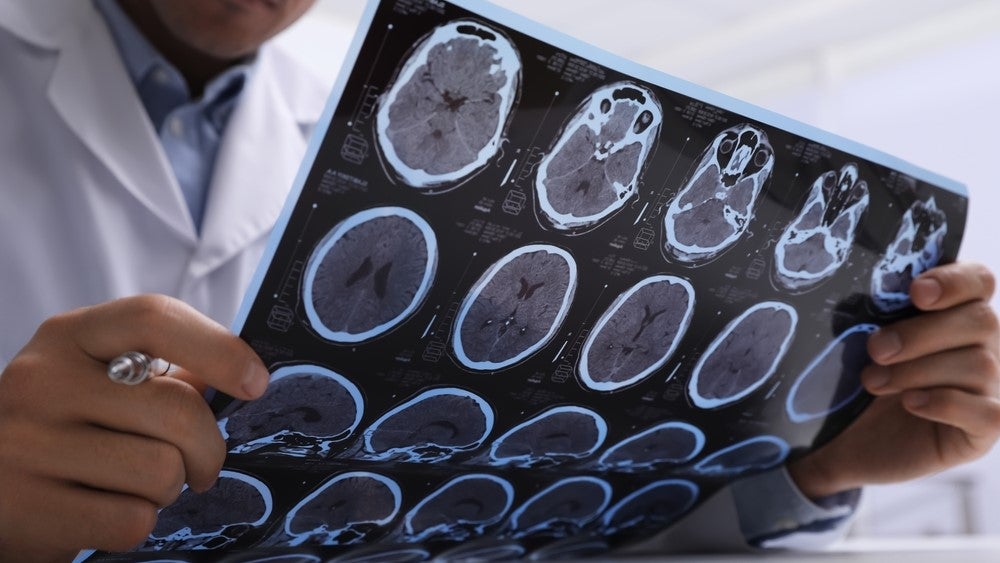Hyperfine has teased results showing the utility of its portable magnetic resonance brain imaging (MRI), Swoop system for assessing stroke patients.
The multisite observational ACTION PMR study examined the integration of brain imaging with the portable Swoop system into the stroke diagnosis and treatment workflow. The full study data will be published in the August 2024 issue of the Annals of Neurology journal.
The ACTION PMR study enrolled 100 patients presenting with symptoms of acute cerebral ischemic disease. The study compares stroke detection between ultra-low-field MRI (Swoop system), conventional high-field MRI, and computed tomography (CT). The study will also assess the integration of the Swoop system into the emergency departments and stroke centres. The workflow phase is expected to start later this year.
"Our goal is to assess whether portable, ultra-low-field MRI can be used as a tissue clock to characterize acute stroke, which has the potential to inform treatments and improve outcomes. Thus far, we have convincing data on FLAIR showing that this is, in fact, the case," said Dr Taylor Kimberly,one of the lead authors of the study.
The Swoop system is an artificial intelligence (AI) powered, portable, ultra-low-field MRI system. It received 510(k) clearance from the US Food & Drug Administration (FDA) in 2020 and has since received multiple clearances for software and hardware updates. The Swoop system also received a European CE mark in 2023.
Hyperfine has also investigated the Swoop system in other workflow situations. The company is conducting an observational study evaluating the use of the Swoop system in Alzheimer’s patients receiving amyloid-targeting therapy.
The study is designed to assess the clinical utility and workflow benefits of the Swoop system in helping physicians detect amyloid-related imaging abnormalities (ARIA) whilst administering anti-amyloid infusions. The study will also assess the reliability of the Swoop system in identifying brain swelling and bleeding, which have been associated with amyloid-targeting therapies across multiple US sites.
The company is also evaluating the use of its Swoop system in children with neurological injuries. The pilot study assesses if images from the system can be used in children to help manage hydrocephalus, a condition that causes fluid build-up in the brain.









